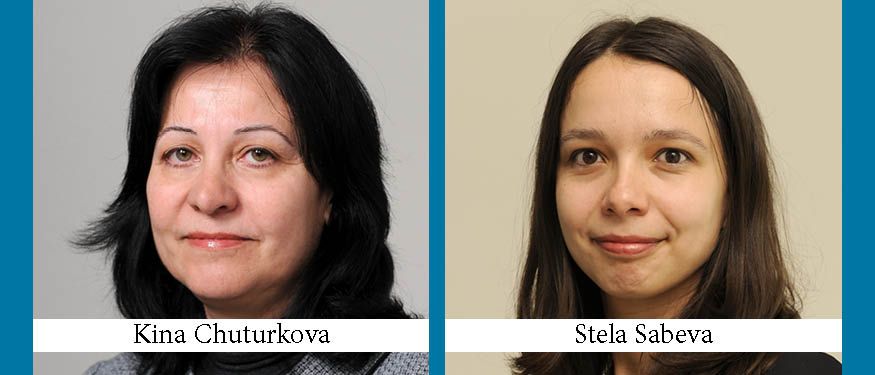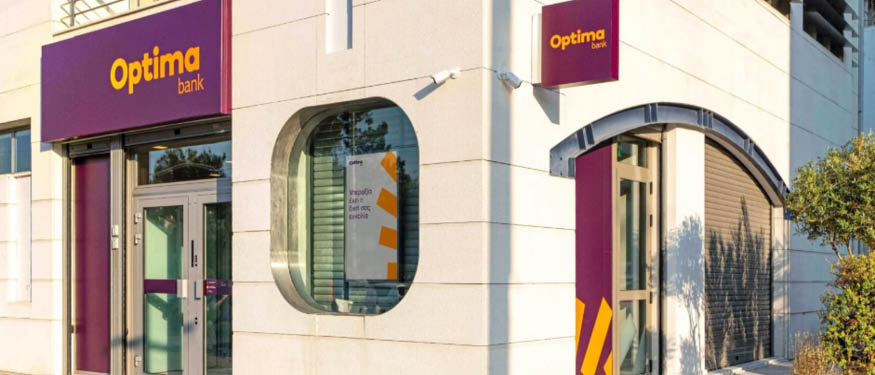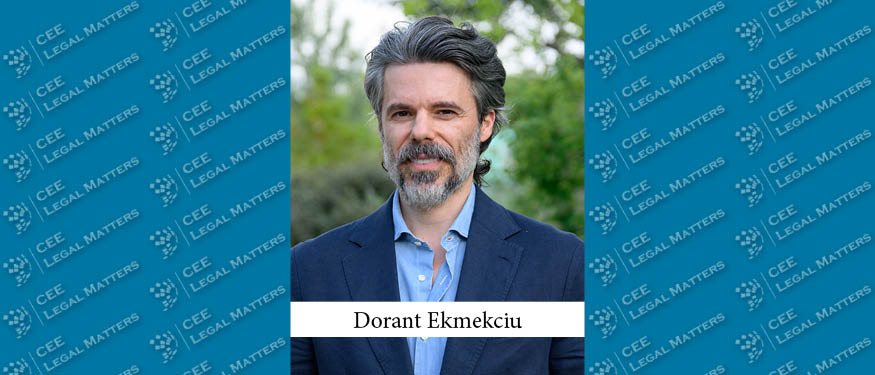Parallel imports (sometimes referred to as “gray market goods”) refer to branded non-counterfeit goods that are imported and sold on a particular market without the consent of the trademark owner. The issue of “parallel import” arises in connection with the legal concept of “exhaustion of IP rights”.
According to this concept, once a trademark holder sells a branded product in a particular jurisdiction, the holder must allow the further resale of that product in that jurisdiction. The trademark rights covering the product are “exhausted” by the first sale with the trademark owner’s consent. There are two types of exhaustion regimes: national (or regional) and international. The “International Exhaustion” regime allows a further resale of trademarked goods in any country or region other than the country or region of first sale. Under the “National Exhaustion” regime, by contrast, the brand owner’s rights are considered exhausted only for the specific country or region of the first authorized sale. The European Union applies a system of regional exhaustion within the European Economic Area (EEA), whereby no one can lawfully import genuine branded goods from outside the EEA into the EEA without the consent of the trademark owner.
Bulgaria, as an EU member state, applies the rule of EEA regional exhaustion in line with the principle under Article 7 of the Trademarks Directive, which has been duly transposed into the Bulgarian Trademarks Act. As a result, trademark owners should expect to have proper legal means in Bulgaria to enforce their rights against unauthorized parallel imports introduced onto the Bulgarian market from outside the EEA. However, this is not exactly the case in Bulgaria.
In view of the inconsistent case-law of the Bulgarian courts in relation to parallel import cases, in 2009 the Supreme Court of Cassation (SCC) issued an interpretative decision on the matter (“ID 2009”), signed with a number of dissenting opinions and ruling that the unauthorized import of genuine goods from outside the EEA does not infringe the Bulgarian Trademarks Act. The ID 2009 reasoning is legally flawed, and its conclusions are manifestly contrary to the Trademark Directive and its interpretation by the ECJ. The situation is even worse because the interpretative decisions of the SCC are binding on all lower courts as regards the interpretation of law.
Meanwhile a Bulgarian judge dealing with a parallel import case on first instance decided to refer a question to ECJ, resulting in the October 2010 Ruling on Canon Case C-449. In this ruling the ECJ referred to its established case-law and explicitly reiterated that the trademark owner may prevent original goods bearing the mark from being put on the market in the EEA for the first time without his consent.
However, in 2012, in a second interpretative decision (“ID 2012”), the SCC confirmed its previous interpretation, although again as in the case of ID 2009 despite a considerable number of dissenting opinions. In ID 2012 the SCC implied that for the protection of their rights against parallel import trademark owners cannot rely on the Trademarks Act but instead they have been offered the procedural option to bring claims under general civil law – particularly on the grounds of unjust enrichment (as a form of extra-contractual liability). This reference to Bulgarian general civil law actions is a smokescreen. It masks the fact that there are no real legal grounds for opposing parallel import in Bulgaria because the possibility suggested by the SCC is completely inadequate and insufficient to ensure enforcement of trademark rights. It is totally wrong to state that instead of the special protection and remedies provided by the Trademarks Act (e.g., seizure, destruction, cease-and-desist orders, compensation for damages), the proprietor must file a civil claim for unjust enrichment and that this will sufficiently ensure its protection in case of parallel import. It is a fact that after the issuance of ID 2012 there have been no cases on parallel import brought before the Bulgarian courts either under the Trademarks Act or under the general civil law provisions. This strongly suggests that the civil law provisions on unjust enrichment are not seen by the right holders as a legitimate legal tool to protect their rights against parallel imports.
In conclusion, Bulgaria appears to be the only EU member state where – due to established internal case-law in breach of EU law – trademark owners have no effective legal means to prevent unauthorized parallel imports. The Bulgarian legal community is still disputing the conformity of both IDs with national and EU law.
By Kina Chuturkova, Partner, and Stela Sabeva, Senior Associate, Boyanov & Co.
This Article was originally published in Issue 3.3 of the CEE Legal Matters Magazine. If you would like to receive a hard copy of the magazine, you can subscribe here.













